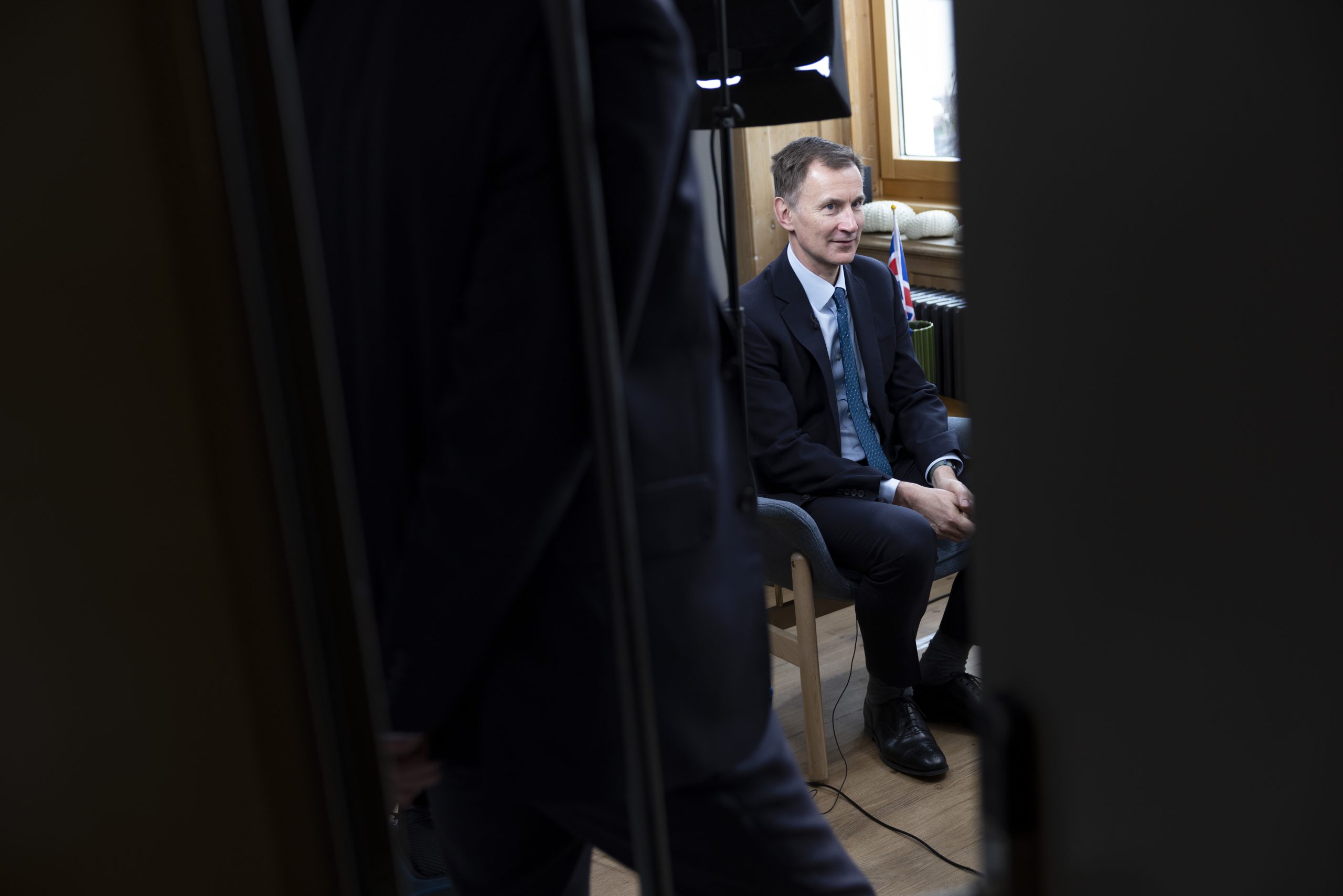Here we go again. With Jeremy Hunt drawing up his Budget, the usual suspects are arguing the case for their favourite policy: abolishing Inheritance Tax.
The Telegraph has promoted research from the Liz Truss-linked Growth Commission that scrapping IHT could increase Britain’s workforce by 300,000 through people no longer retiring earlier due to the top tranche of their savings being taxed when they die. They also claim its abolition would increase GDP per capita by 1.4 per cent by 2044 and could encourage wealthy taxpayers to remain in the UK.
The Adam Smith Institute argues similarly in Free Wills: The Case for the Abolition of Inheritance Tax – a 1995 paper newly updated to show the persistent relevance of the anti-IHT case. According to the ASI, the number of pages of forms paying IHT requires to be filled out has quintupled since the mid-1990s, whilst the share of total revenue it provides has fallen from 1.7 per cent to 0.89 per cent.
Both provide handy figures and graphs to support the traditional arguments against IHT. It penalises saving and takes at death money that has already been taxed in life. It is anti-aspiration and anti-family, raising a relatively small amount of revenue – forecast to be £5.6 billion in 2023-24 – whilst placing a heavy burden on the grieving families paying it. Despite the small numbers that incur it, IHT is unpopular with voters.
The latter should be the clincher for a Chancellor planning a pre-election Budget. A recent WeThink poll suggested even more Labour than Conservative voters thought the tax was unfair. A YouGov poll has found that 56 per cent of voters want it scrapped. I wrote yesterday of my view that Budget tax cuts without spending cuts would be disingenuous. But if we must have tax cuts, surely Hunt should pick something popular?
Proponents of this view have been known to point to George Osborne’s 2007 pledge that the Conservatives would raise the IHT threshold to £1 million if elected, spooking Gordon Brown out of calling an election. Abolishing the tax now would not only force Keir Starmer into another spending quandary but relieve the rapidly growing number of estates passing the £325,000 threshold.
Even if scrapping IHT was unsuccessful in winning the Tories re-election, it could leave a lasting tax-cutting legacy for a government otherwise committed to leaving the tax-burden higher than at any point since 1951. Abolishing IHT entirely makes it difficult for Labour to reimpose. Australia, Canada, Sweden, Norway, Portugal, and Austria have scrapped death duties since the 1990s. Why not Britain?
All solid points. Nonetheless, I remain sceptical of the merits of an IHT cut. My natural sympathies are with anyone fighting to cut taxes and increasing growth. But my worry is whether IHT is the tax to be prioritising at this present time. Not only would passing a tax cut disproportionately helpful to London and the South-East be an admission of defeat in the Red Wall, but it would provide Labour with an easy attack line in the autumn.
As David Gauke has highlighted, the economic situation in 2024 is rather different from that of 2007. Back then, the economy was growing as strongly as house prices, and the public finances appeared in a much stronger position than they were. The IHT threshold increase was a victim of the financial crisis. A bung to the wealthy seemed out of touch as house prices fell and austerity loomed.
Despite the number of estates paying IHT having doubled since the Conservatives came to power, fourteen years of stagnation mean the backdrop of this autumn’s election will be similarly gloomy. Already, public spending in unprotected departments is expected to shrink by 17 per cent after the next election. Financing tax cuts by cutting future spending could raise that to over 20 per cent.
As the ASI themselves point out, other polling suggests a majority would rather more was spent on the NHS than IHT scrapped. Further polling by IPSOS suggested it was only the 6th most concerning tax faced by individuals in the UK. Hence why the mood music in Numbers 10 and 11 Downing Street seems to have shifted away from IHT and towards income tax and national insurance.
If cutting any taxes whilst hiking others and slashing future spending is a confused and irresponsible move, it is particularly unwise to scrap a tax that aids the wealthiest following seven quarters of falling GDP per capita and amid a public desire for higher spending. Whatever the strength of the long-term political or economic rationale, cutting IHT would be an own goal for Hunt ahead of an election.
Having yesterday urged Hunt to consider the long-term consequences of his choices, I am poorly placed to advise against abolishing a tax that both the Growth Commission and the ASI argue is a historic drag on our economy. The Tory left doesn’t have any better ideas. Tinkering with stamp duty is wiser than 99 per cent mortgages. But neither is close to the radical action that our stagnant economy needs.
Nonetheless, abolishing IHT would provide Labour with an easy stick with which to whack the Chancellor at the election. With the opposition’s poll lead remaining remarkable stubborn, Hunt has the chance to decide how he wants his time at the Treasury to be remembered. Abolishing IHT would certainly provide a legacy. But it would give a very particular message.
